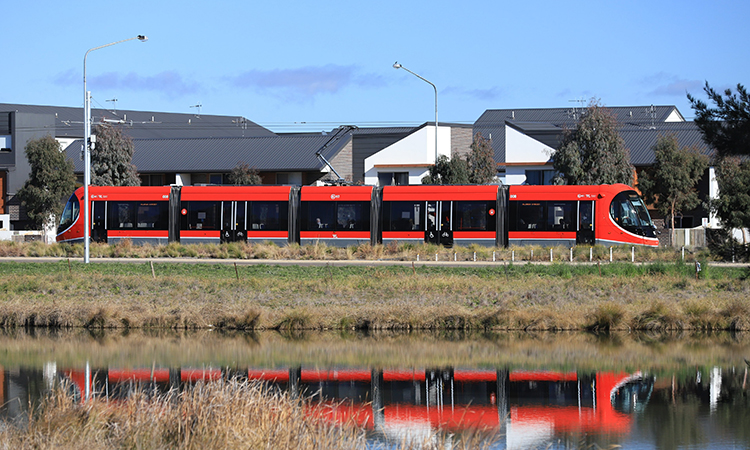New ARA report confirms need for national local content policy
Posted: 7 September 2022 | Elliot Robinson (Editorial Assistant - Global Railway Review) | No comments yet
An ARA report entitled Towards a National Local Content Policy has confirmed that a national approach to local content policies would deliver significant benefits.


Credit: ARA
The Australasian Railway Association (ARA) has released a report, entitled Towards a National Local Content Policy, which confirms a national approach to local content policies would deliver significant benefits to governments and the rail industry.
The report, compiled by NineSquared, found most state governments used local content policies requiring some content to be sourced or manufactured within their state as part of their procurement of public transport vehicles and their components.
The report confirms that establishing a national local content policy for the Australian rail industry could deliver significant benefits and increase the competitiveness of the industry. Different procurement approaches are putting constraints on market size, resulting in price premiums that erode value and impact the competitiveness of the Australian market.
“Different local content policies between states can increase costs, inhibit investment and create inefficiencies throughout the procurement process,” Caroline Wilkie, Chief Executive Officer for Australasian Railway Association, said. “A more holistic, national approach to local content policies would help rail businesses achieve economies of scale, reduce costs, improve quality, and create greater competition in the market. This would ultimately lead to better outcomes for both industry and government, maximising the return on investment for critical rail infrastructure. A nationally consistent approach would also allow industry to better adapt and evolve their products and services in response to changing technology and emerging skill requirements.”
Related news you will enjoy:
The ARA welcome plan for Cross River Rail opening
ARA welcomes METRONET Forrestfield-Airport Link opening date
Australasian rail patronage rises in the second quarter of 2022
The report acknowledged that, while achieving full policy harmonisation between states may be challenging, there were significant opportunities for greater consistency to be achieved by taking incremental steps toward a more national approach.
It recommended focus areas for review as part of a pathway towards harmonisation, including:
- develop a consistent definition of local content
- create alignment of regulatory requirements across states
- identify opportunities to integrate state requirements
- understand Federal Government involvement
- review tender evaluation mechanisms
- review auditing, and compliance requirements
- generate greater market awareness of suppliers’ capabilities and requirements.
The ARA believe that there has never been a more important time to adopt a national approach to local content policies given the scale of investment in major rail projects currently underway or planned.
“The report’s recommendations clearly outline the benefits of adopting a national approach to local content policy development,” Wilkie concluded. “Increased harmonisation within the rail industry is vitally important for increasing the competitiveness of the Australian rail supply chain and facilitating innovation and export market opportunities.”
Stay Connected with Global Railway Review — Subscribe for Free!
Get exclusive access to the latest rail industry insights from Global Railway Review — all tailored to your interests.
✅ Expert-Led Webinars – Gain insights from global industry leaders
✅ Weekly News & Reports – Rail project updates, thought leadership, and exclusive interviews
✅ Partner Innovations – Discover cutting-edge rail technologies
✅ Print/Digital Magazine – Enjoy two in-depth issues per year, packed with expert content
Choose the updates that matter most to you. Sign up now to stay informed, inspired, and connected — all for free!
Thank you for being part of our community. Let’s keep shaping the future of rail together!
Related topics
High-Speed Rail, Infrastructure Developments, Operational Performance, Regulation & Legislation








